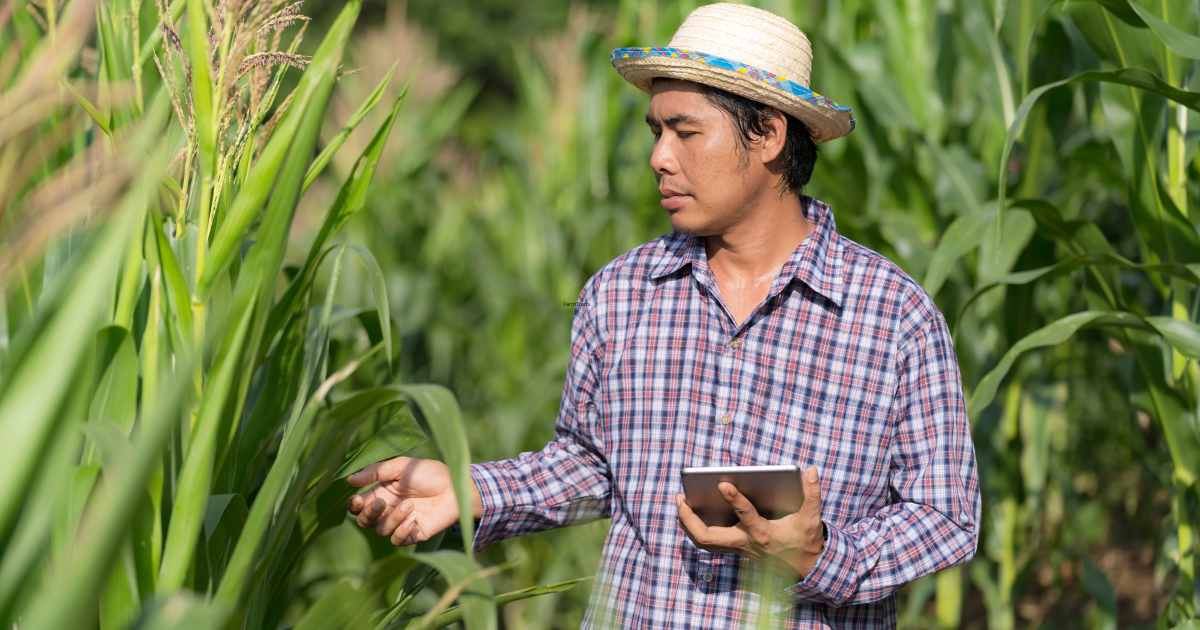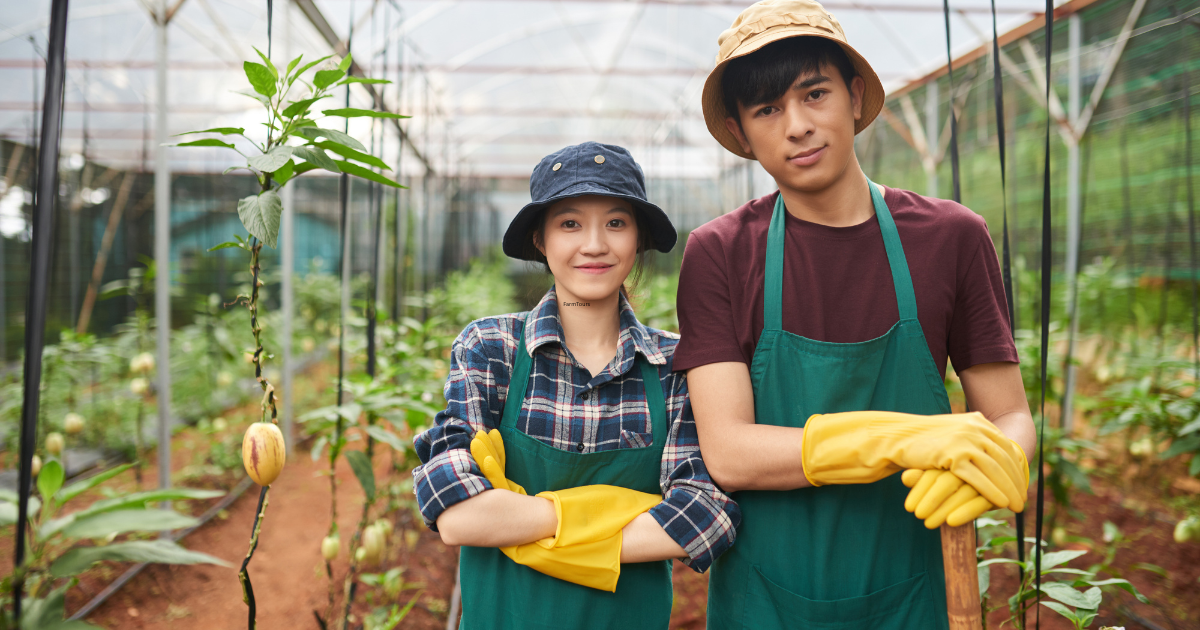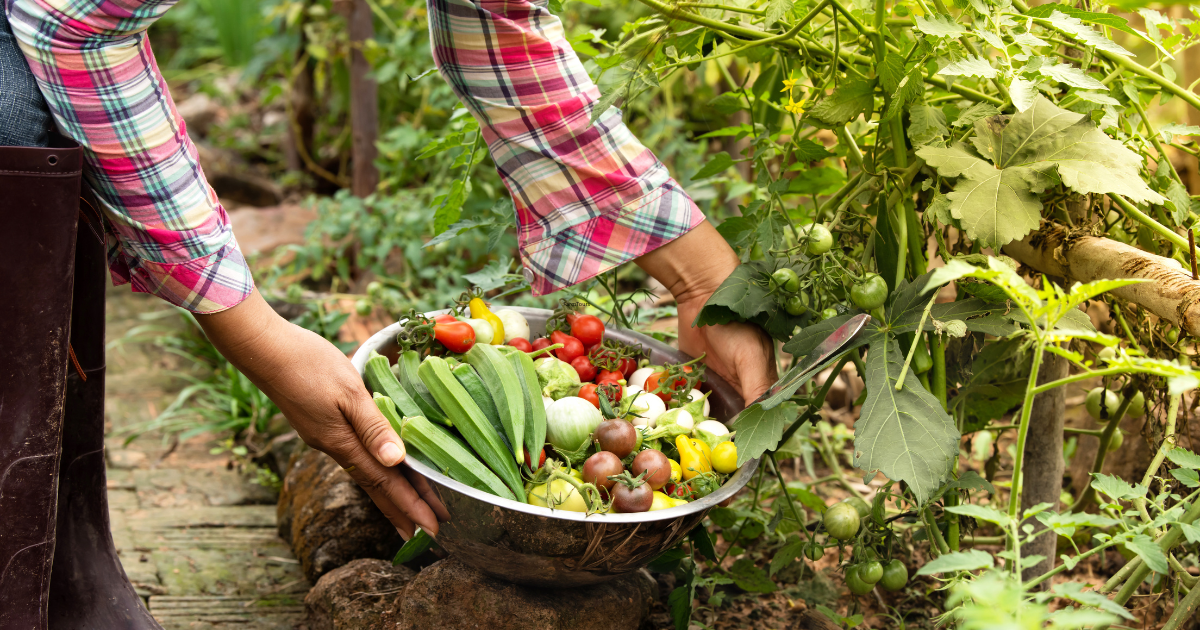Why Farm Tours Are Gaining Popularity in 2025
Farm tours are rapidly becoming a top choice for travelers seeking authentic experiences that connect them with nature and food origins. As sustainability and local sourcing grow in importance, more people want to see firsthand where their food comes from and how it is cultivated. This trend also aligns with increasing interest in agritourism, which combines education, recreation, and community support.
Visitors appreciate that farm tours offer an interactive way to learn about agriculture, foster environmental awareness, and promote healthy eating habits. In 2025, these tours are not just leisure activities—they are key to bridging the urban-rural divide and supporting family farms and local economies.
Factors Driving Farm Tour Popularity
– Rising consumer demand for transparency in food production
– Desire for personalized and hands-on experiences
– Growth of farm-to-table dining culture
– Increased awareness of sustainable agriculture practices
– Support of rural communities through tourism revenue
Types of Farm Tours Available Today
Farm tours come in many forms to cater to diverse interests and age groups. From educational visits to interactive farm stays, the options continue to expand, offering visitors both relaxation and knowledge.
Educational Farm Tours
These tours focus on teaching visitors about farming techniques, animal husbandry, crop cycles, and the importance of sustainable agriculture. They often include guided walks, workshops, and demonstrations.
Hands-On Experience Tours
Participants get involved in day-to-day farm activities such as planting, harvesting, feeding animals, or making farm products like cheese or jam. These immersive experiences create lasting memories and deepen appreciation for farming.
Farm Stays and Agritourism Lodging
For those wanting an extended farm experience, many properties offer accommodations where guests can live the farm life. These stays often include farm tours as part of the package, enhancing visitor engagement.
Planning the Perfect Farm Tour: What to Expect
When booking or organizing a farm tour, preparation ensures a better, smoother experience. Knowing what to expect helps visitors make the most of their time.
Timing and Seasonal Considerations
Agricultural activities vary seasonally. Spring and summer are ideal for planting and harvesting tours, while winter may focus more on indoor workshops or animal care. Checking the farm’s calendar aligns visits with peak activity periods.
What to Bring and Wear
– Comfortable boots or closed-toe shoes for uneven terrain
– Weather-appropriate clothing (layers recommended)
– Sunscreen and hats for sun protection
– Water bottles and snacks if not provided
– Cameras for capturing the experience
Accessibility and Safety
Farms vary in accessibility. It’s important to inquire about facilities for people with mobility challenges. Safety briefings are usually provided to ensure visitors understand guidelines around livestock and equipment.
How Farm Tours Benefit Communities and the Environment
Farm tours are more than just educational adventures; they stimulate local economies, preserve heritage, and promote environmental stewardship.
Economic Impact on Rural Communities
By attracting tourists, farm tours generate income for farms and nearby businesses such as restaurants, shops, and accommodations. This infusion helps sustain small farms and encourages local entrepreneurship.
Promoting Sustainable Practices
Many farm tours highlight eco-friendly farming methods such as crop rotation, organic pest control, and water conservation. Educating the public fosters community support for regenerative agriculture, which benefits biodiversity and soil health.
Strengthening Food Literacy
Visitors leave farm tours with a better understanding of food sources and production challenges. This awareness encourages healthier choices and reduces food waste at home.
Integrating Technology Into Modern Farm Tours
Technology is transforming how farm tours operate and engage visitors, making experiences richer and more accessible.
Virtual and Augmented Reality Enhancements
Some farms use VR and AR to simulate farming activities or illustrate historical changes in agriculture, allowing tech-savvy visitors to explore beyond the physical farm boundaries.
Booking Platforms and Digital Marketing
Online platforms simplify the process of finding and booking farm tours, providing detailed descriptions, reviews, and itineraries. Social media amplification helps small farms reach wider audiences.
Tips for Hosting a Successful Farm Tour
Farmers looking to start or improve farm tours should focus on providing memorable, educational, and safe experiences.
– Create clear, engaging narratives about your farm’s history and practices
– Engage visitors with hands-on activities and Q&A sessions
– Ensure facilities are clean, safe, and accessible
– Promote your tours through local tourism offices, websites, and social media
– Collect feedback to continuously improve tours
Many successful hosts highlight the importance of hospitality and authenticity as key to repeat visits and word-of-mouth promotion.
Explore more about agritourism trends and planning your visit at farmtours.co.
Farm tours remain a compelling way to connect people to the land, promote sustainability, and support agriculture’s future. Whether you are a visitor or a host, embracing these tours in 2025 offers invaluable experiences that nurture a deeper connection to where our food comes from.
Ready to discover or create your own farm tour experience? Reach out today at farmtours.co/contact to start your journey into the enriching world of agritourism.


